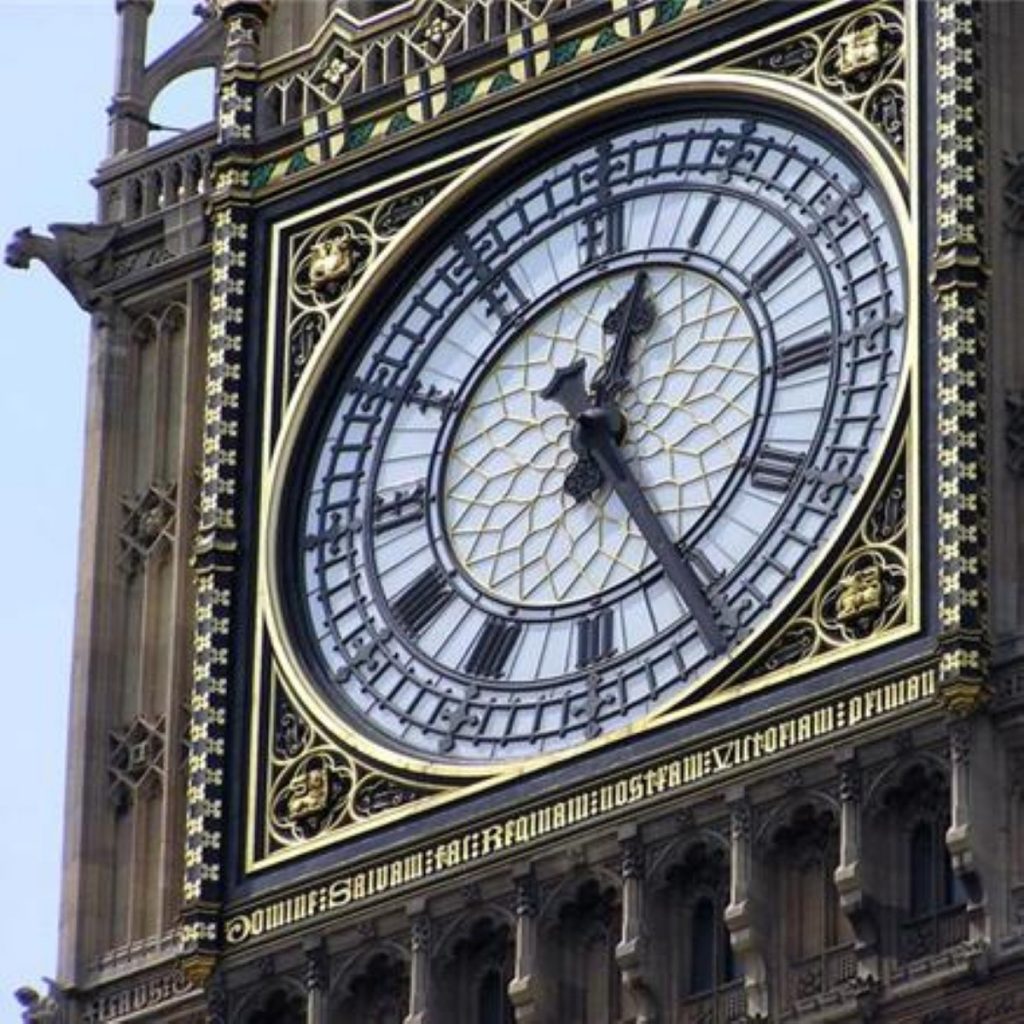Parliament gears up for final AV tussle
Ministers are watching parliament with bated breath as they bid to secure their coveted electoral reform referendum.
The legislation implementing the planned vote on the alternative vote system returns to the Commons today after its lengthy scrutiny in the Lords.
If the parliamentary voting systems and constituencies bill does not complete its passage through parliament by the end of this week the referendum will not take place, as ministers wish, on May 5th because of Electoral Commission regulations.


Both the ‘yes’ and ‘no’ campaigns are anxiously waiting to discover whether the coalition will get its way.
Wednesday will see the process of parliamentary ‘ping-pong’ take place, in which the legislation is repeatedly transferred between the two Houses.
The process comes as the climax of several months of tensions in the Lords about whether the bill would pass. Opposition members in the upper House used filibustering tactics to force the government to compromise.
Government whips are taking the issue extremely seriously. The Treasury and foreign affairs select committees have been recalled from trips to the US, Sky News reported, in a bid to increase the number of coalition MPs pushing the government’s plans through the Commons.
The parliamentary voting system and constituencies bill has been substantially amended following delaying tactics by Labour peers.
When the legislation returns to the Commons later MPs will have to decide which, if any, of the changes they propose rejecting.
Concessions involving greater discretion on the size of constituencies, also included in the bill, are not expected to be changed.
But four government defeats, including one making the result of the referendum non-binding if less than 40% of the electorate turns out, could be addressed.
Yesterday saw the Lords wrap up its lengthy initial scrutiny of the bill, which has continued since last autumn, with a third reading debate.
Labour’s Charles Falconer led further attempts to amend the legislation by proposing that party political broadcasts in the local elections campaign would not include references to the AV referendum taking place on the same day.
The government defeated the proposal by 236 votes to 153 votes.









